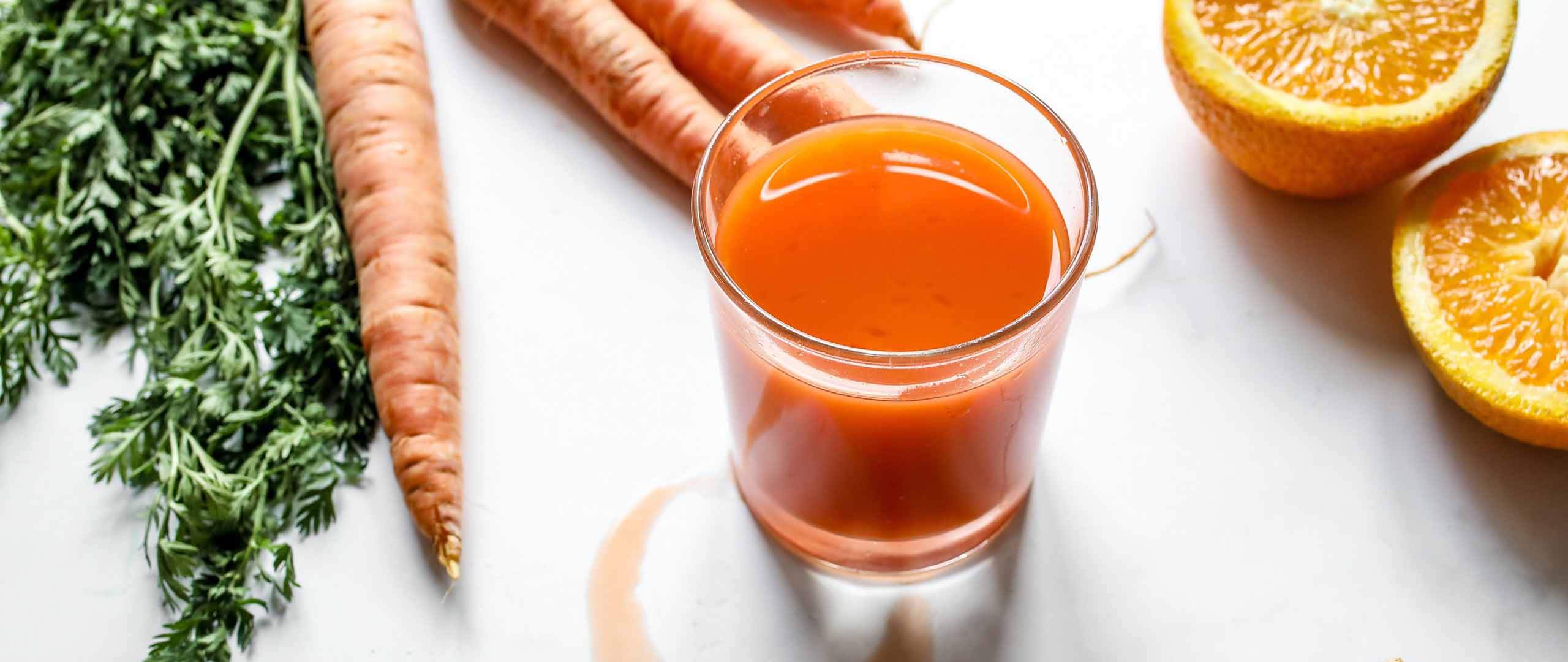More people than ever are eating foods for their well-being instead of just whatever’s in front of them. This is a good thing because our food choices significantly impact the planet. As a result, many people are going vegan, which also helps Mother Earth. After all, the sustainable foods are plant-based.
While most of us acknowledge that going vegan promotes food sustainability, some aren’t ready to change their diet. Fortunately, living sustainably doesn’t restrict you to only vegan eating.
Here are a few tips to eat more sustainably without going vegan:
Support Your Local Farmer’s Market
There are many eco-friendly perks of consuming local produce. For example, we reduce food transportation emissions and packaging waste. Also, consuming from local shops and farmer’s markets help support the families that harvest sustainable foods.
Grow Your Own Food
If you’re a gardening enthusiast, eating what you grow is an incredibly rewarding experience. And you don’t need to own a farm to cultivate certain foods. While having a backyard is ideal, there are certain foods you can grow indoors in planters and pots.
For many seeds to bloom, all you need is a large window for sunlight and fresh air to come through. Some foods that can grow indoors include tomatoes, herbs, chili peppers, wheatgrass and garlic.
Increase Your Fruit & Veggie Intake
Reducing our intake of animal products can benefit the environment. For instance, have meat as a side dish and eat more veggies instead. Moreover, you can try alternatives like vegan meats from Beyond Beef.
Steer Clear Of Processed Food
In addition to harming the environment, processed food is also bad for you. But this doesn’t mean you have to start going vegan today.
But it does mean that raw ingredients that are shipped frozen preserve them until they’re used. Natural resources are inevitably required to freeze and package the raw ingredients. Then we add up the carbon emissions that it takes to prepare those foods on a large scale.
Additionally, these processed foods require another round of packaging for distribution. Once you have these foods at home, you’ll need to use natural resources to reheat or cook them.
Avoid Food Waste
We are already generating CO2 to produce food. When this food goes to waste, we contribute even more greenhouse emissions. This is because rotten foods — both plant-based and animal products — produce a powerful greenhouse gas called methane.
If you’re looking for healthy food alternatives while simultaneously saving the planet, visit Jane’s cafe in Mission Valley or order online.
You may also enjoy reading: Eating Healthy Tips For Picky Eaters












Leave a Reply